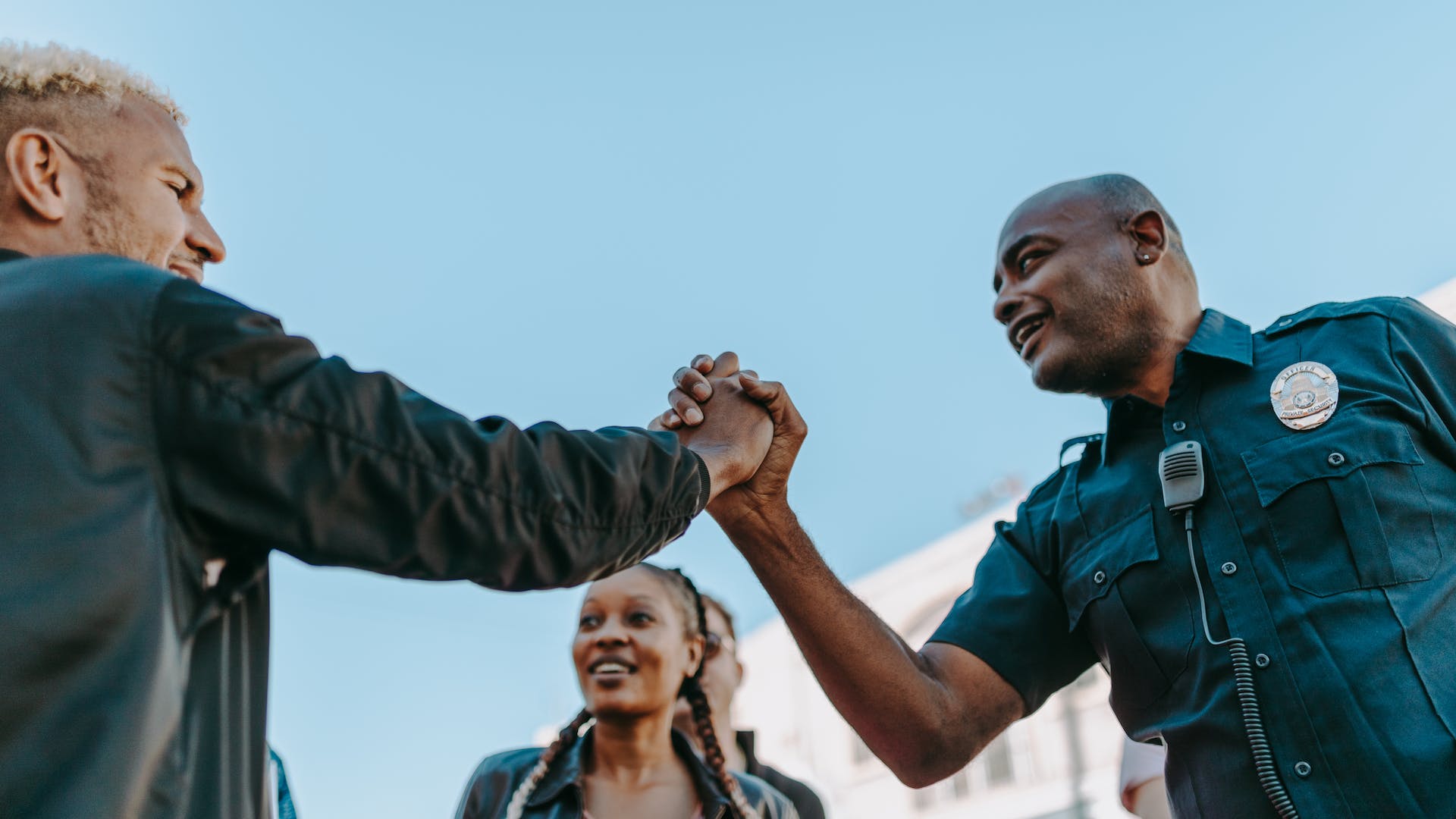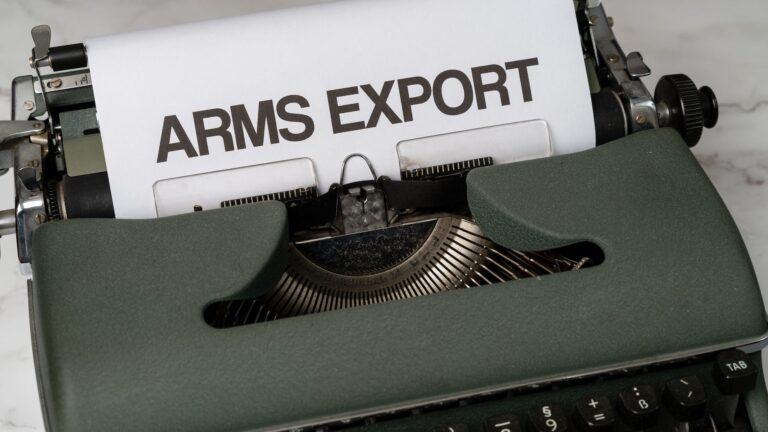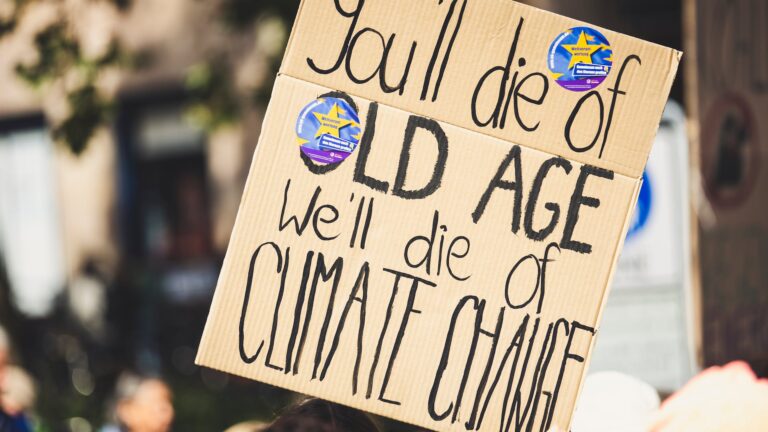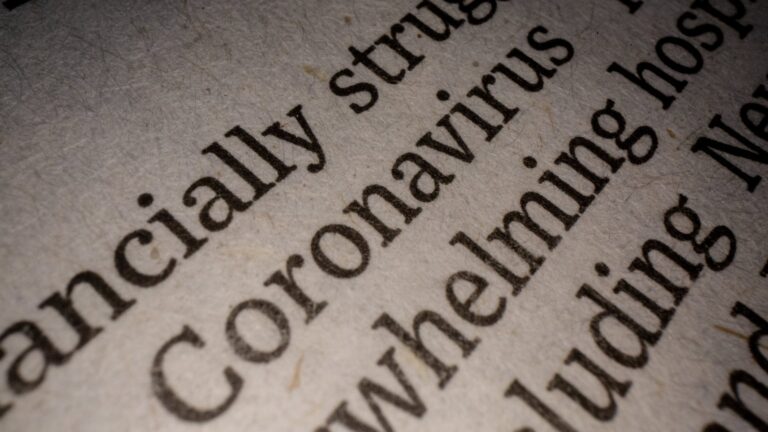How does war affect political journalism?
- Introduction
- Definition of Political Journalism
- Overview of War and its Effects
- War and the Demand for News
- Bias in War Reporting
- Government and Military Sources
- Professional and Ethical Dilemmas Faced by Journalists
- How Technology has Changed Political Journalism in Times of War
- The Role of Citizen Journalists in Conflict-Affected Countries
- The Impact of War on Political Journalism: Conclusion
- References
Introduction
Political journalism is an important element in any democratic society, as it is responsible for discussing, questioning and challenging the decisions made by governments and their policies on a daily basis. In times of war, however, political journalism can become a powerful tool for governments to control public opinion. This article will explore how war affects political journalism, focusing on the demand for news, bias in war reporting, sources used by journalists, and the ethical and professional dilemmas faced by journalists in conflict-affected societies.
Definition of Political Journalism
Political journalism is a form of journalism that reports on political events, people and organizations. It covers a wide range of topics including elections, legislation, international relations, security issues, economic policies and other matters that affect citizens’ lives. Political journalism can be seen as an essential part of any democracy since it enables citizens to participate in the decision-making process.
Overview of War and its Effects
War is an event that has been part of human history since ancient times. It involves the use of military force to achieve a political goal. War has far-reaching effects on all aspects of life: not only does it cause death and destruction but it also disrupts economies, societies, cultures, environment and politics. In particular, when countries are at war they tend to become more authoritarian as they seek to control information flows in order to protect their interests.
War and the Demand for News
When countries are at war there is usually a high demand for news coverage. This demand usually comes from both domestic audiences as well as international ones who are interested in what is happening on the ground. This increased demand can lead to more resources being devoted to covering wars which can be beneficial for journalists who have been given access to conflict zones or have access to reliable sources within them. However, this increased demand can also lead to more pressure being put on journalists who are expected to provide accurate information in difficult circumstances where there may be limited access or no access at all.
Bias in War Reporting
One of the biggest problems with war reporting is that it often contains biased information due to its reliance on government or military sources. These sources often present an overly positive view of their own actions while downplaying or even denying any wrongdoing committed by their forces. This can lead to biased reporting which does not accurately reflect what is happening on the ground. This can be particularly problematic when it comes to covering wars with civilian casualties or other atrocities as these stories are often ignored or downplayed by government sources.
Government and Military Sources
Due to the dangers associated with covering wars first hand, many journalists rely heavily on government or military sources when reporting from conflict zones. While these sources may provide some useful information they are not always reliable. Governments often put out statements that contain propaganda or deny events that have actually happened. Journalists must therefore be vigilant when relying on official sources so as not to propagate false information.
Professional and Ethical Dilemmas Faced by Journalists
Journalists operating in conflict-affected societies often face professional dilemmas such as whether or not they should report from dangerous areas or whether they should accept money from certain sources. They also face ethical dilemmas such as whether they should report objectively despite potential risks or whether they should take sides out of loyalty or moral conviction. These dilemmas can make it difficult for reporters to remain neutral and unbiased when covering conflicts .
How Technology has Changed Political Journalism in Times of War
The advent of technology has had a major impact on political journalism during times of war. Social media platforms such as Twitter or Facebook allow citizens living in conflict zones to report directly from the frontlines, bypassing traditional media outlets which may be censored by governments. These citizen reporters have become increasingly important voices during times of conflict providing real time updates which add immediacy and authenticity to news stories. They also provide alternative perspectives which may not otherwise be heard due to censorship or lack of access.






